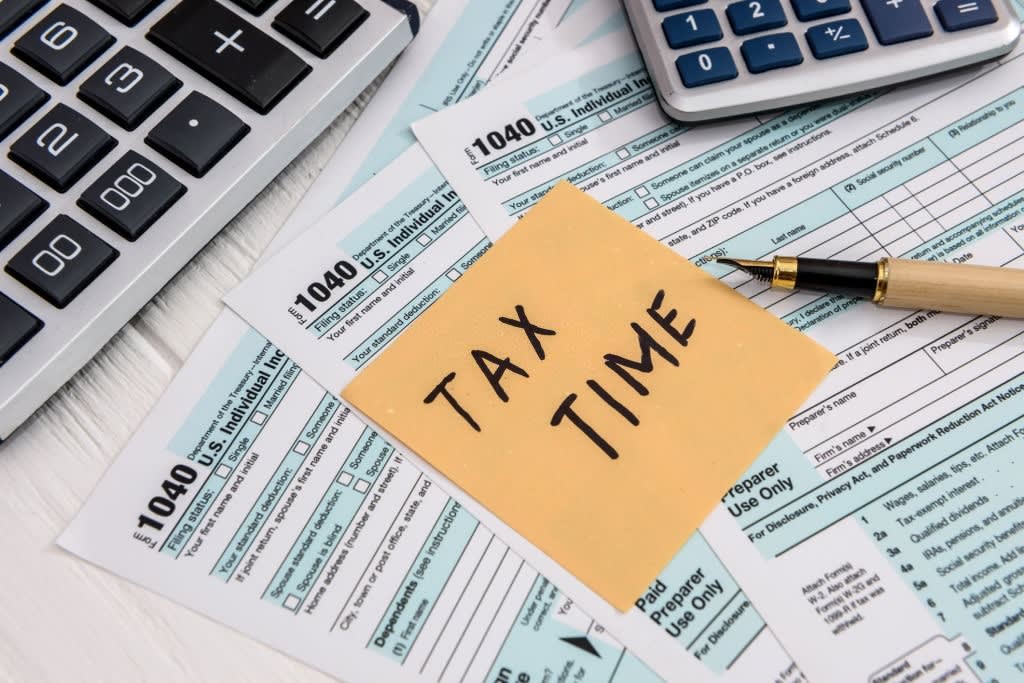What is Personal Tax Return
How To File Personal Tax Returns

For a business or a home-based individual, it is imperative that a person accurately calculates personal tax returns. This is the most important factor to remember when filing a return. To correctly calculate global personal money flow, an individual must first understand how to use information from personal taxes and apply it correctly in a business or personal return.
An individual needs to understand how personal taxes are reported on the financial statements. Lenders will always look at the personal details when determining the creditworthiness of potential borrowers. In addition to financial data, lenders will be interested in a business's income statement. The amount of cash a business has available for investing and the value of its assets will be taken into account in the creditworthiness of a borrower.
Business owners can learn about their tax returns with the help of their accountant. However, a business owner is not required to disclose his or her personal tax information. Instead, the business owner can choose to either have the business's accountant prepare the individual tax return or the business owner can provide information about his or her tax return on its own. If you choose to prepare your returns, you will want to check out the following information.
Personal tax return information includes the following: business owners' personal tax information, including their income information and their tax rate; business owners' personal tax history, including all federal, state, and local taxes owed for past years; and business owners' personal banking information, including any accounts held by business owners such as CDs or savings accounts. The business owner can determine his or her personal tax history by researching the Internal Revenue Service's Web site. By reviewing this site, an individual can quickly learn about his or her past tax payments.
Business owners should also pay attention to the current tax laws of their state. In many states, new taxes and credits that may affect business owners cannot be deducted from their federal income tax liability until the business reaches its first year of operation. Because of this, businesses need to be aware of any new tax regulations in their particular state and make sure their business is compliant with those regulations.
When filing a personal or individual tax return, the business owner must include all items required by the state. Some states require that business owners report all federal and state taxes on the federal and state income tax return. In other states, an individual must report only income tax. This means that he or she must include all federal and state income tax that he or she receives on a regular and timely basis.
Other states do not allow reporting on personal tax returns at all. However, state income tax laws allow for tax filers to include up to two types of deductions on their state returns - property taxes and personal exemptions. If a business owner chooses to claim the personal exemption on a personal return, he or she must still file a separate federal income tax return.
A business owner may also claim personal exemptions for himself or herself and his or her spouse, dependent children, his or her dependent spouse, children, and/or joint tenants. Other tax breaks that may apply to individuals include state and local property tax, child tax credit, and credit for retirement contributions.
In addition to the general information required by the state, the personal tax return also includes items specific to each state. A business owner may be required to include personal property and casualty losses. Business owners may also be required to include the actual cash value of tangible personal property used in the business, such as inventory and office furnishings.
Personal property and casualty losses include expenses incurred in the actual loss of tangible personal property. These include business equipment, furniture, inventory, supplies, computers, office supplies, inventory and computer equipment, home office equipment, and supplies, medical supplies, clothing, and furnishings. Personal property and casualty losses are deductible if they exceed certain limits that are imposed by the state.
Although personal tax returns cover many areas of the tax system, most states require the filer to include income tax returns, property taxes, and sales and use tax on both the federal and state income tax returns. In some cases, the business owner must file a separate federal income tax return with state tax returns because of special state rules.





Comments
There are no comments for this story
Be the first to respond and start the conversation.